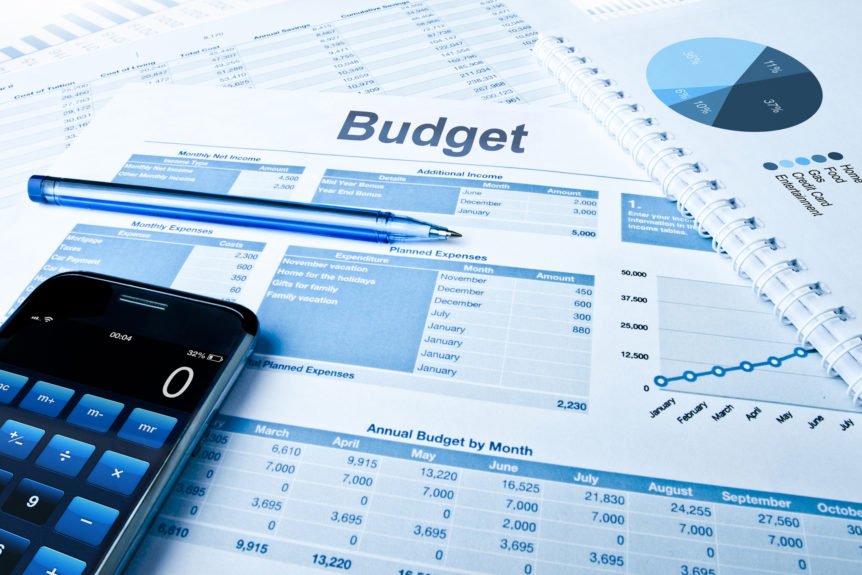Budgeting is an important part of running your business. In order to ensure the long-term success of your company and make financially savvy decisions, you need to establish good budgeting practices.
Creating a budget:
- helps you plan for the future
- shows you what your cash flow will look like
- helps identify potential risks and opportunities
- gives you a clearer picture of your business’s financial health.
It can sometimes be difficult to stay on track when managing your business’s finances, but creating a detailed budget and continually reevaluating it can help you achieve your goals. Here are a few tips to help you build a better business budget and stick to it:
Remember that Time Is Money
Are there areas of your business where you aren’t operating efficiently? Or maybe you’re trying to do it all yourself, but your time would be better spent elsewhere. If you’re devoting too much time to tasks that you could pass on to an employee or a freelancer, you’re not making the most of your time and essentially costing your business money. Find the right tasks for your employees and for yourself by thinking about where each person can contribute the most.
Don’t Make Impulse Purchases
Although it can be tempting to buy something on a limited-time sale, deviating from your budget too much can be very costly. Even a little deviation here and there can lead to debt. Make sure all purchases are conscious, well-thought-out decisions where you weigh the pros and cons.
Keep a Close Eye on Small Expenses
Many entrepreneurs are aware of the large ticket items that they spend their money on, but not the smaller expenses. You’d be surprised how much smaller purchases can add up. Staying aware of these expenditures can help you be mindful of where you spend your money.
Don’t Forget about Variable Costs
Fixed costs stay the same each month, but variable costs are always changing. Some examples of variable costs are office supplies, shipping fees, manufacturing costs, gasoline, commission, credit card fees, and more. Be sure to factor these types of costs into your budget and always overestimate them to allow yourself some wiggle room.
Try to Anticipate Potential Expenses
Is your restaurant fryer on its last legs or is it only a matter of time until your delivery van conks out? Maybe the upcoming season is traditionally a slow period for your business, or perhaps prices are likely to increase for products you need. Either way, try to have the foresight to anticipate potential expenses and budget accordingly.
Be Realistic
While it is great to be optimistic about your goals, it is also important to be realistic when budgeting for your small business. You never want to leave yourself in a spot where you’ve underestimated expenses. Instead, overestimate costs to protect your business.
Revisit Your Budget Often
Things can change in the blink of an eye for business owners (hello COVID!), so be sure to reevaluate your budget frequently. This will help you stay the course and readjust as need be. If you overspend one month, you can make changes and cut back the next month to stay within your budget.
Give Yourself a Financial Cushion
Having a financial cushion can give you peace of mind. If your cash flow fluctuates or you just want to have a financial safety net in case of emergency, a small business line of credit is an excellent option. It gives you the flexibility to have ongoing access to capital that you can use whenever you’d like, however you’d like. You can use the whole amount or just a small portion of it; the decision is yours. Once you’ve paid down the balance of the amount you’ve used, the funds replenish, and you can take them again.
Need Capital for Your Business?
ViewRidge Funding can get you the capital that your small business needs— providing additional cash flow for nearly every situation. Apply today and get approved in hours – there’s no cost or obligation and our single page application takes only minutes.

